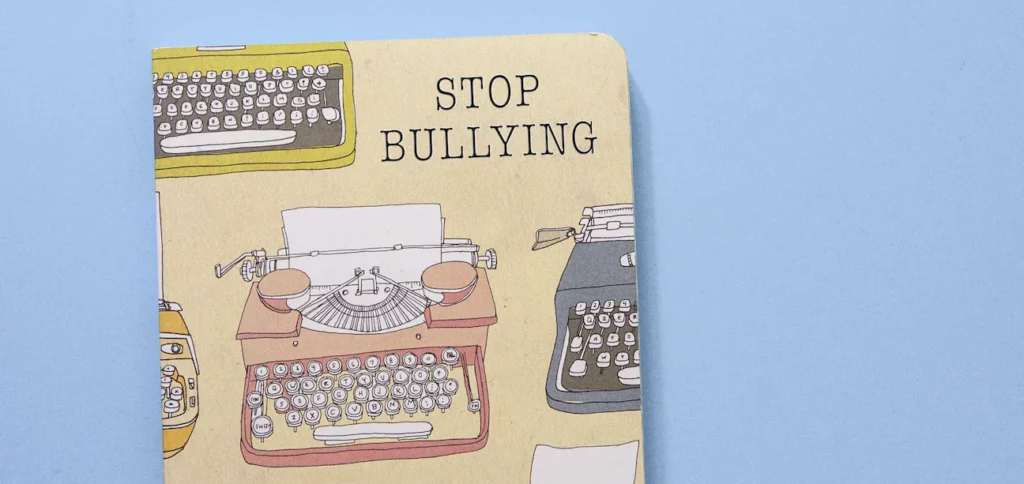The study carried out by the State University of Rio de Janeiro (UERJ) evaluated more than one hundred thousand students in the last year of elementary school in schools across the country, public or private. The assessment was made based on the questionof the National School Health Survey (PeNSE).
ADVERTISING
In Brazil, the bullying rate rose from 14,2% in 2009 to 21,7% in 2015, according to data from PeNSE.
What is bullying? It is a type of violence, practiced between peers, which has three characteristics: intention, repetition and the imbalance of power between aggressor and victim.
Features
Bullying has three characteristics:
- Intention
- Repetition
- Power imbalance between aggressor and victim
“There are many studies on the profile of those who suffer and who practice violence, but we wanted to investigate which factors could be related to prevention”, says Emanuele Souza Marques, professor at the Institute of Social Medicine at UERJ, one of the authors of the study. “The results show the importance of measures that strengthen the bond between parents and children, such as positive parental supervision practices”.
ADVERTISING
According to the research, it is crucial to establish a lot of family dialogue, rules and knowledge of the routine in combating bullying.
Emanuele Souza Marques says that “the results of the study show the importance of measures that strengthen the bond between parents and children, such as positive parental supervision practices”.
Establish bonds with the teenager
It is important to show interest in the teenager's activities, have moments together, create a bond, according to the UERJ research.
ADVERTISING
“At these times, it is possible to observe some different behaviors or comments, which may signal that something may be happening to the child”, says psychologist Caroline Nóbrega de Almeida, from Hospital Israelita Albert Einstein.
It is in these moments that an opportunity is created to talk about the consequences of attitudes and provide guidance.
“Sometimes, he reproduces something negative that he experienced, or that he watched on a program”, explains Caroline. Furthermore, Emanuele, co-author of the research, remembers another factor: violent environments favor the practice of violence in different settings, including school.
ADVERTISING
Source: Einstein Agency
Curto Curatorship:



